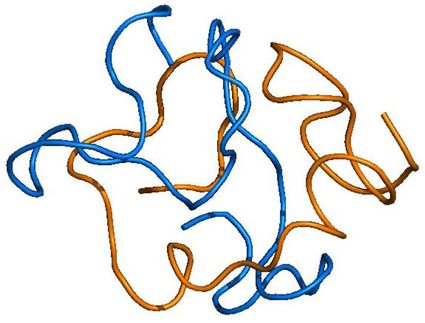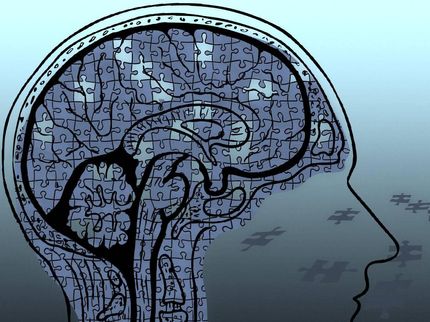Memory loss not enough to diagnose alzheimer's
Alzheimer's may also affect language, behavior or spatial judgment These patients often are not given an opportunity to be in Alzheimer's clinical trials Amyloid PET scan offers way to identify underlying disease and have more inclusive clinical trials
Relying on clinical symptoms of memory loss to diagnose Alzheimer's disease may miss other forms of dementia caused by Alzheimer's that don't initially affect memory, reports a new Northwestern Medicine study.
"These individuals are often overlooked in clinical trial designs and are missing out on opportunities to participate in clinical trials to treat Alzheimer's," said first study author Emily Rogalski, associate professor at Northwestern's Cognitive Neurology and Alzheimer's Disease Center.
There is more than one kind of Alzheimer's disease. Alzheimer's can cause language problems, disrupt an individual's behavior, personality and judgment or even affect someone's concept of where objects are in space.
If it affects personality, it may cause lack of inhibition. "Someone who was very shy may go up to grocery store clerk -- who is a stranger -- and try to give her a hug or kiss," Rogalski said.
This all depends on what part of the brain it attacks. A definitive diagnosis can only be achieved with an autopsy. Emerging evidence suggests an amyloid PET scan, an imaging test that tracks the presence of amyloid -- an abnormal protein whose accumulation in the brain is a hallmark of Alzheimer's -- may be used during life to determine the likelihood of Alzheimer's disease pathology.
In the study, the authors identify the clinical features of individuals with primary progressive aphasia (PPA), a rare dementia that causes progressive declines in language abilities due to Alzheimer's disease. Early on in PPA, memory and other thinking abilities are relatively intact.
PPA can be caused either by Alzheimer's disease or another neurodegenerative disease family called frontotemporal lobar degeneration. The presence of Alzheimer's disease was assessed in this study by amyloid PET imaging or confirmed by autopsy.
The study demonstrates that knowing an individual's clinical symptoms isn't sufficient to determine whether someone has PPA due to Alzheimer's disease or another type of neurodegenerative disease. Therefore, biomarkers, such as amyloid PET imaging, are necessary to identify the neuropathological cause, the authors said.
Northwestern scientists looked at individuals in mild stages of language loss caused by Alzheimer's disease and described their brain atrophy based on MRI scans and their results on cognitive tests.
"We wanted to describe these individuals to raise awareness about the early clinical and brain features of PPA to develop metrics which would advocate for their inclusion in clinical trials targeting Alzheimer's disease," Rogalski said. "These individuals are often excluded because they don't have memory deficits, but they share the same disease [Alzheimer's] that's causing their symptoms."























































